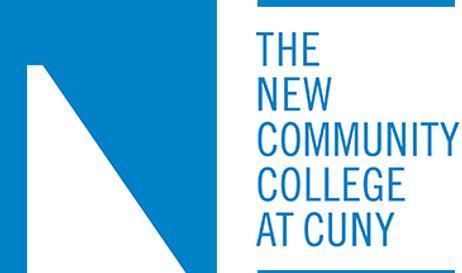Looking for inspiration? Look no further than some of the stages of community college graduations this year. Amid the young adults parading across the stages to accept their hard-earned degrees, you might see a few faces you would not expect at a graduation event. Some of the oldest community college graduates of 2013 are also some of the most inspiring – if you are lucky enough to grab a few nuggets of their wisdom and their zest for life as you pass them on campus.
Check out this amazing selection of the Class of 2013.
Beverly Ross
To earn her associate degree from Mott Community College this year, Beverly Ross had to overcome two hurdles. The first was a cancer diagnosis she received three years prior. The second was her age, which, at 54, was well beyond the average age of most Mott students. Ross managed to climb over both those obstacles, accepting her diploma in social work just this month.
According to mLive, Ross was diagnosed with cancer in her thigh muscle in May 2009. Two muscles had to be removed and replaced with bolts, brackets, and screws. Ross also underwent intense chemotherapy treatment, which she was told could impact her ability to think. Ross decided to put that warning to the test and enrolled at Mott Community College soon after.
“I’m so excited with proving [the doctor]




















